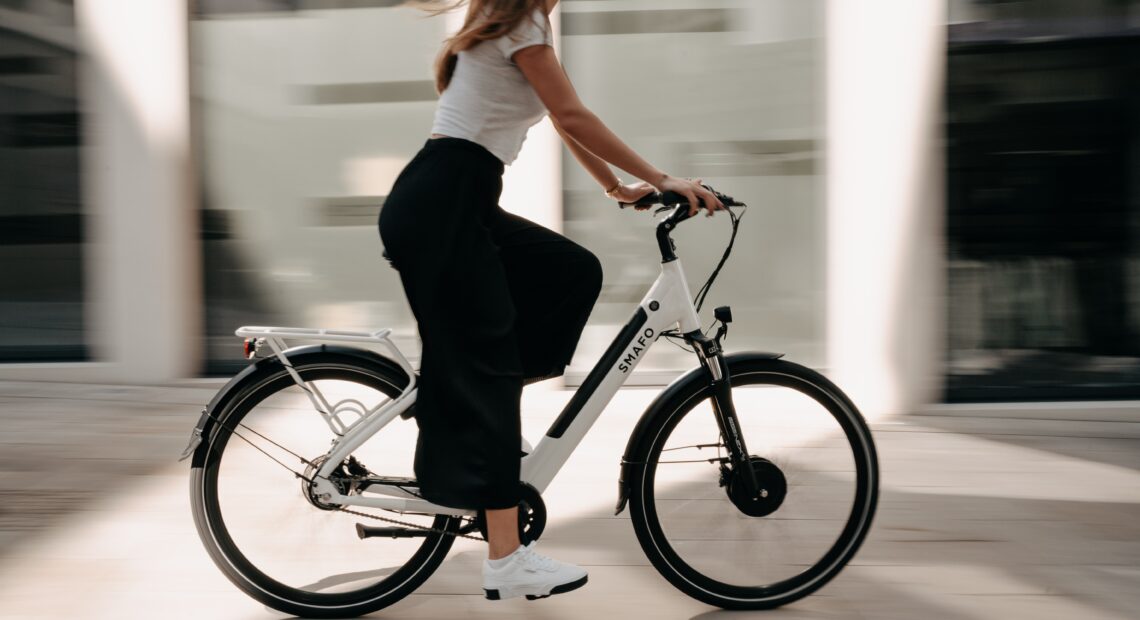State-owned energy company ESB has launched an e-bike pilot programme across multiple Dublin suburbs.
Over the next 10 months, 112 e-bikes and 14 charging stations will be available for use in some of Dublin’s busiest commuter locations across South County Dublin, Dún Laoghaire-Rathdown and Fingal.
The e-bike pilot project has been launched in conjunction with two leading Irish micromobility companies, Bleeper and Moby. Trinity College Dublin (TCD) is the project’s research partner while Dogpatch Labs is an innovation partner and Interreg North-West Europe is a co-funding partner.
Researchers at TCD will analyse commuter behaviour in relation to e-mobility transference from private cars to a shared low-carbon travel option. Researchers will then identify key mobility patterns, calculate carbon savings and evaluate commercial potential based on data collected from the ESB e-bikes.
Bleeper and Moby will be responsible for operating and maintaining the e-bikes, with charging infrastructure provided by ESB. While Bleeper’s ESB e-bikes scheme is available via the Bleeper app, the Moby scheme will be operational over the coming weeks via the ESB e-bikes app.
ESB said it has subsidised the daily cost of hire, with e-bikes starting at €5 per day. A €30 monthly subscription is also available.
Marguerite Sayers, executive director of strategy and innovation at ESB, said that the e-bike pilot stems from the X-Potential Incubator programme launched by ESB several years ago to develop “innovative, sustainable and commercially viable business ideas. Investing in low-carbon, sustainable mobility infrastructure for Ireland is a reflection of our commitment to leading the transition to a net-zero energy future. With this project, we are delighted to be part of the broader Interreg North-West Europe eHubs programme and that Dublin will now join other member cities, such as Amsterdam and Manchester.”
The eHubs programme provides funding for e-bikes, e-scooters and e-cars with the aim of developing a blueprint for replication in other cities and regions to reduce air pollution, congestion and carbon emissions while developing a market for the sector locally.
Source: IDA Ireland













